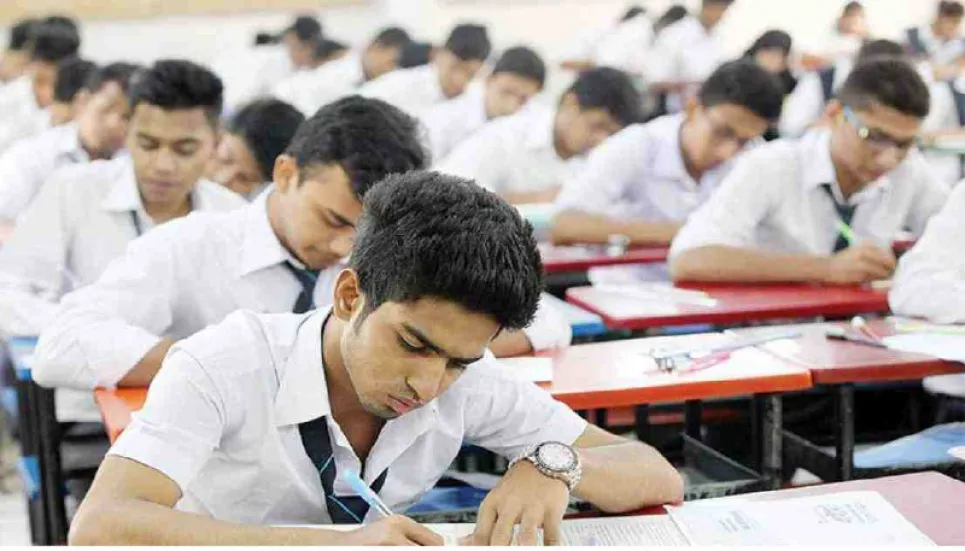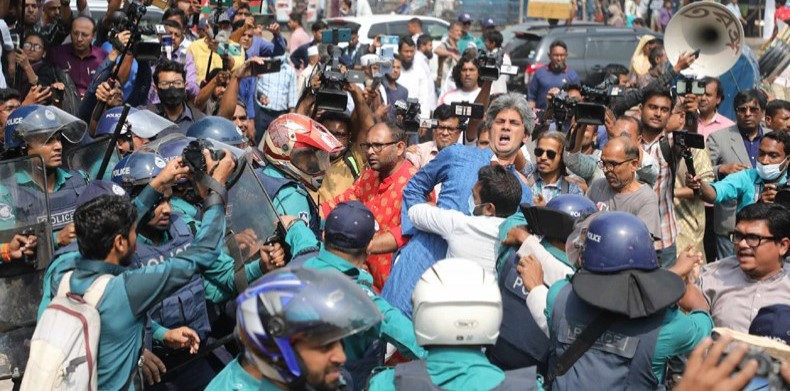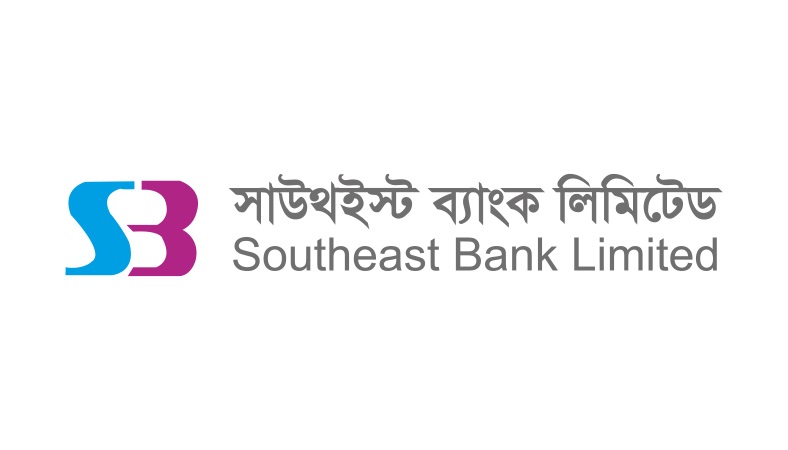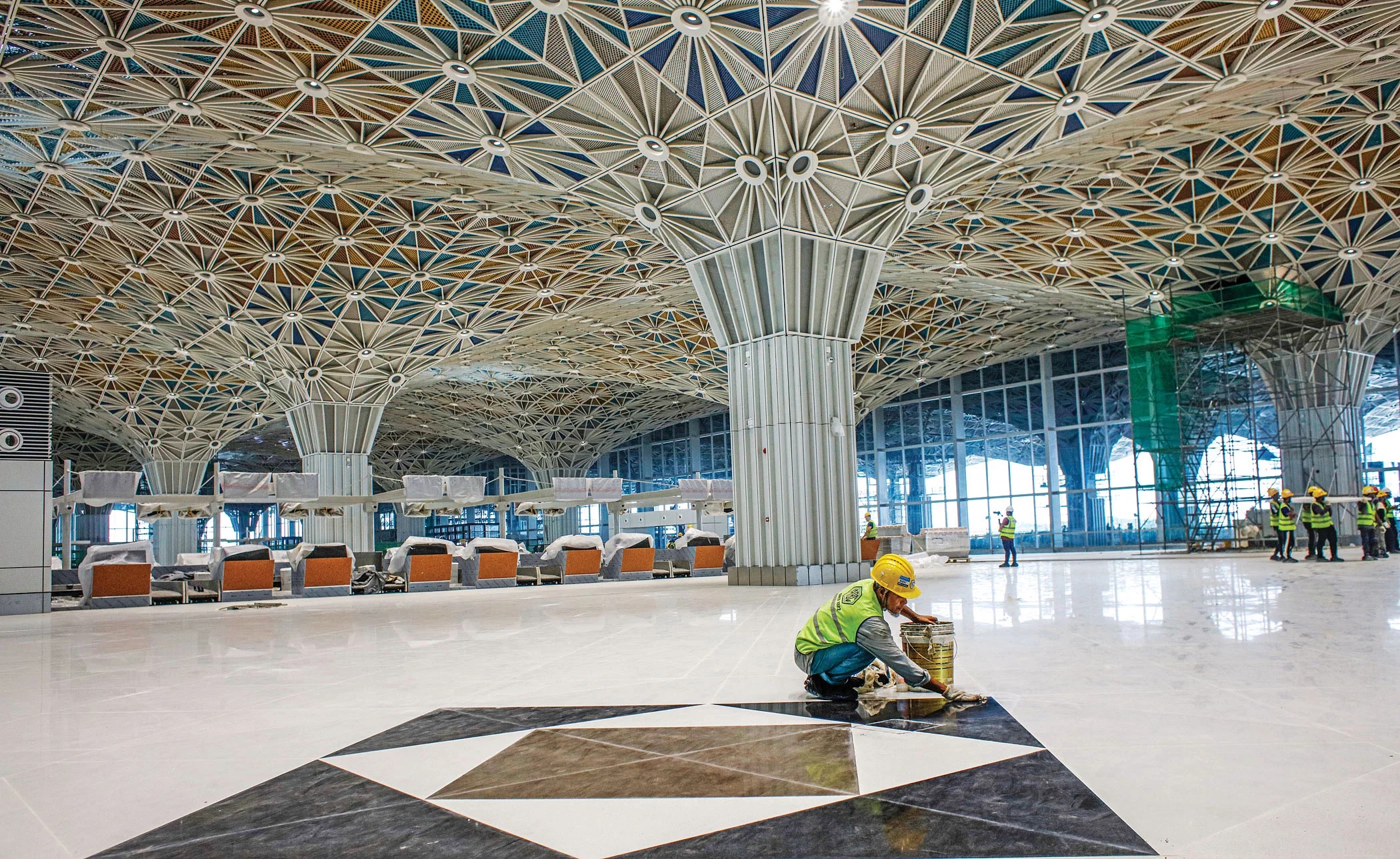The Directorate of Primary Education (DPE) has decided to extend the duration of the School Feeding Program by one more year to support the families of the children studying at government primary schools during the pandemic.
The project, funded by the government and the World Food Program (WFP), is set to expire on June 30.
Project Director Ruhul Amin observes that the scheme is effective in preventing school dropouts. “Parents have said the School Feeding Program is even more important than stipends,” he said.
The renewal of the contracts with NGOs and other stakeholders involved in the distribution of the food would take a significant amount of time unless the process is completed before the program expires. So, the government has decided to extend it, the project director added.
The extension also allows the program to utilize a significant amount of funds that remain unused under current contracts, he further said.
DPE Director General Alamgir Muhammad Mansurul Alam has already written a letter to the Planning Commission through the secretary of the Ministry of Primary and Mass Education, requesting the extension of the School Feeding Program.
Asking to remain anonymous, two top officials of the DPE said some sections of the government wish to provide cash aid instead of food, and the disagreement is delaying the extension of the program.
Planning Commission Member Secretary Nasima Begum said they are yet to receive the letter from the DPE.
A letter signed by the director general of the Department of Primary Education said it would not be possible to start alternative food distribution programs while the School Feeding Program was still running.
Moreover, other ministries will need at least one year to implement an alternative feeding program. The ongoing project till June 30 requires a total of Tk4,518.88 crore, with Tk473.9 crore from the amount currently unspent, read the letter.
The School Feeding Program can continue for another year by using only the unspent funds, it added.
Students and teachers want food, not cash
The Department of Implementation, Monitoring and Evaluation (IMED) under the Ministry of Planning said in a recent report that most students, teachers, parents, and the school management committee members felt that it is more reasonable to provide food than cash.
Guardians of the poor families tend to spend stipends on needs other than nutrition for their children, according to report.
Only 6% of students want stipends while 94% are in favour of feeding programs, it added.
The School Feeding Program was introduced in 2001 to reduce the dropout rate at primary schools in the country. Since then, the program has covered only 16% of the primary school children, the report said.
According to the Department of Primary Education, the dropout rate reduced from 26.2% in 2012 to 21.4% in 2013.
Furthermore, dropout rates have decreased by 6% in schools that provided the meals in the last seven years.
Currently, around 3,160,000 children at primary schools in 35 districts are receiving biscuits under the feeding program every day.
In July, Save the Children said in a report that around 30 countries, including Bangladesh, are at moderate or high risk of increasing dropout rates due to the Covid-19 pandemic.
















